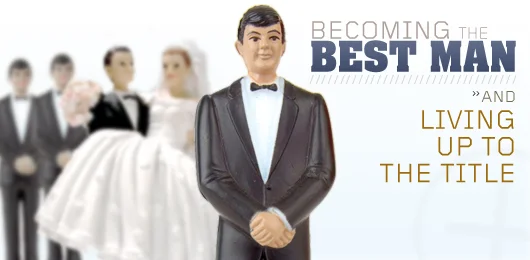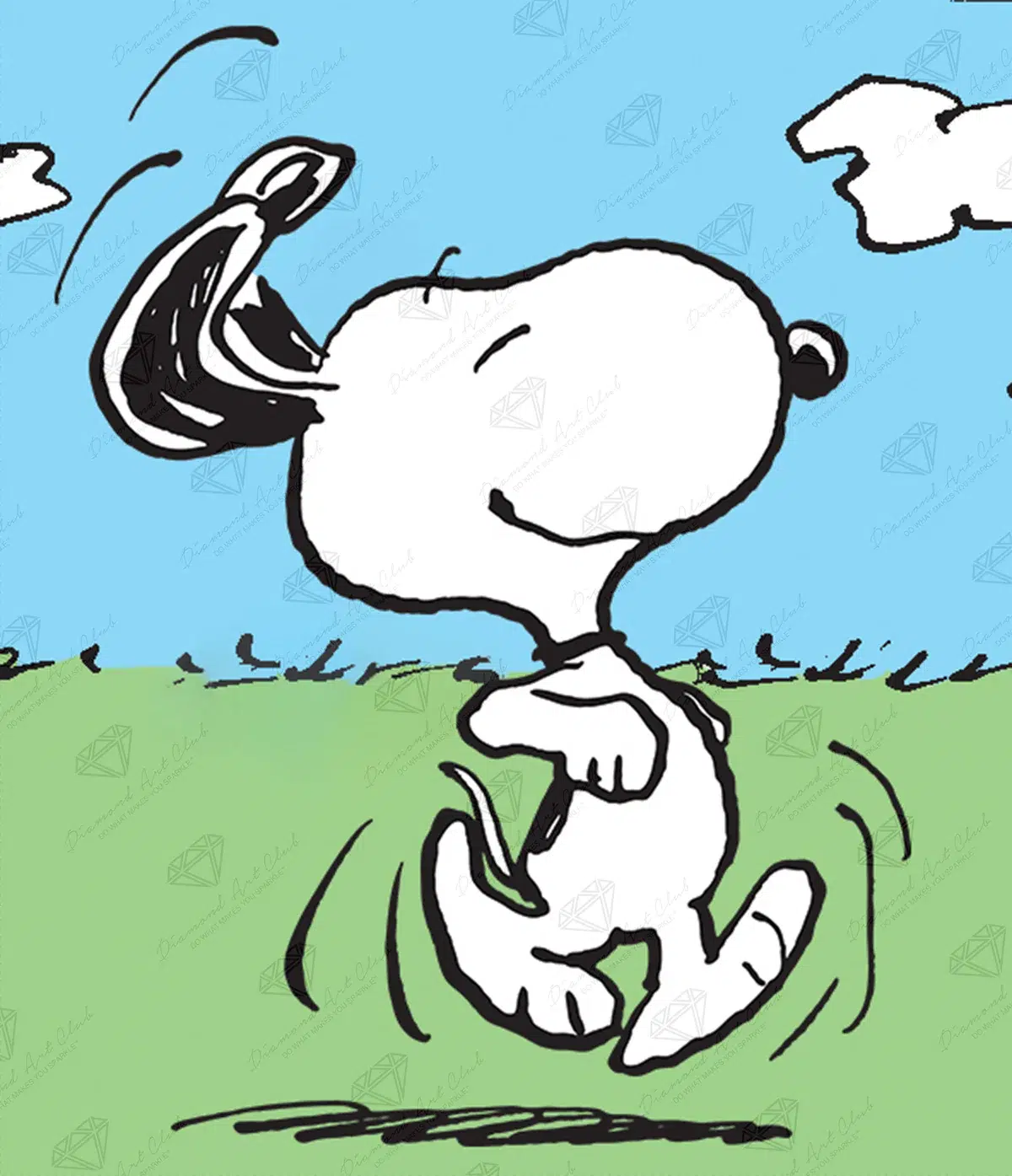When it comes to music, I have always been a lyric person. I pay attention to the words.
I pay close attention to the words.
I never understood brides asking me to play “Gold Digger” at a wedding because “it has a good beat.”
There are a billion songs in the world. We can’t find a different song with a good beat.
The same goes for Garth Brook’s “The Dance.” It’s a lovely song, but it’s a breakup song. Do we need to play it at a wedding?
Some of my favorite songs are those that tell stories and take the listener on a journey:
“The Gambler” by Kenny Rogers
“Jack and Diane” by John Cougar Mellencamp
“Baseball in My Blood” by Erik Balkey
“Cats in the Cradle” by Harry Chapin
“A Boy Named Sue” by Johnny Cash
“American Pie” by Don Mclean
“18 and Life” by Skid Row
Lots of songs by Springsteen, Bon Jovi, Bowling for Soup, Meatloaf, Joe Strummer, and many more.
Some of these songs contain quite complex stories that include actual character development over the course of the song.
Since I pay attention to lyrics, I was shocked to discover that the 1998 hit song “The Way” by Fastball tells a story that I never realized until now.
Fastball’s lead singer Tony Scalzo says he wrote “The Way” in 1997 after reading an article in The Austin American-Statesman about Lela and Raymond Howard, an elderly couple who disappeared after leaving their Salado, Texas home to attend an event fifteen miles away in Temple.
The couple was eventually found 13 days later when hikers discovered the crumpled remains of their vehicle at the bottom of a cliff off the side of the highway.
Lela and Raymond had died from injuries sustained in the crash.
By the time the bodies of the couple were found, Scalzo had already written the song, and Fastball was rehearsing it.
A year after the Howards died, the song became the first hit single off Fastball’s “All The Pain Money Can Buy.”
I was aware that the song told the story of a couple who took a road trip and never returned, but I had no idea that the couple was elderly and ended up dead. Scalzo’s interpretation romanticizes the disappearance, which is understandable, considering that he wrote the song before the bodies of the couple were found at the bottom of a cliff.
Still, when I listen to the song now, every word seems slightly darker and more ominous. What I once thought of as a song about the desire for freedom and the call of the road is now something slightly more sinister and sad.
I think I like it better now that I know the story behind the song. It has more weight now.
More gravitas.






